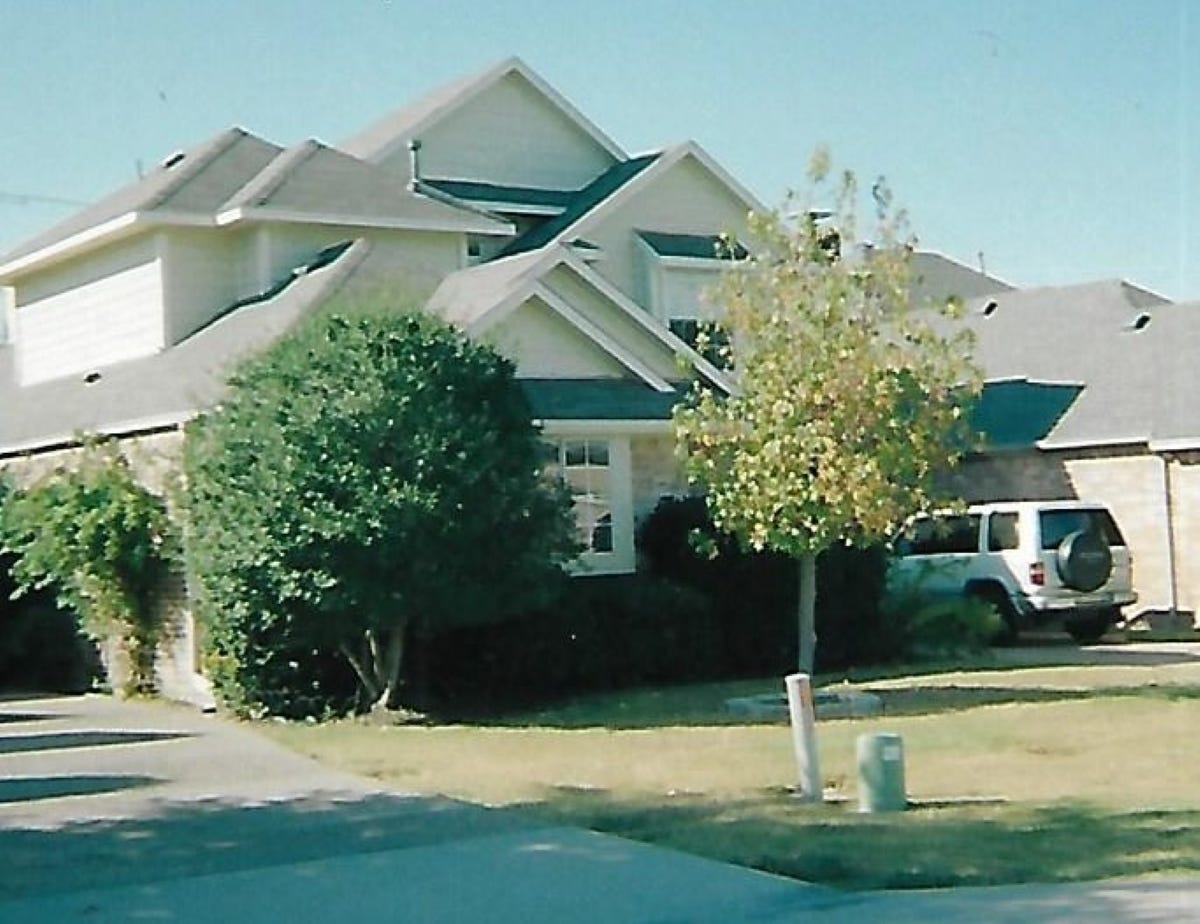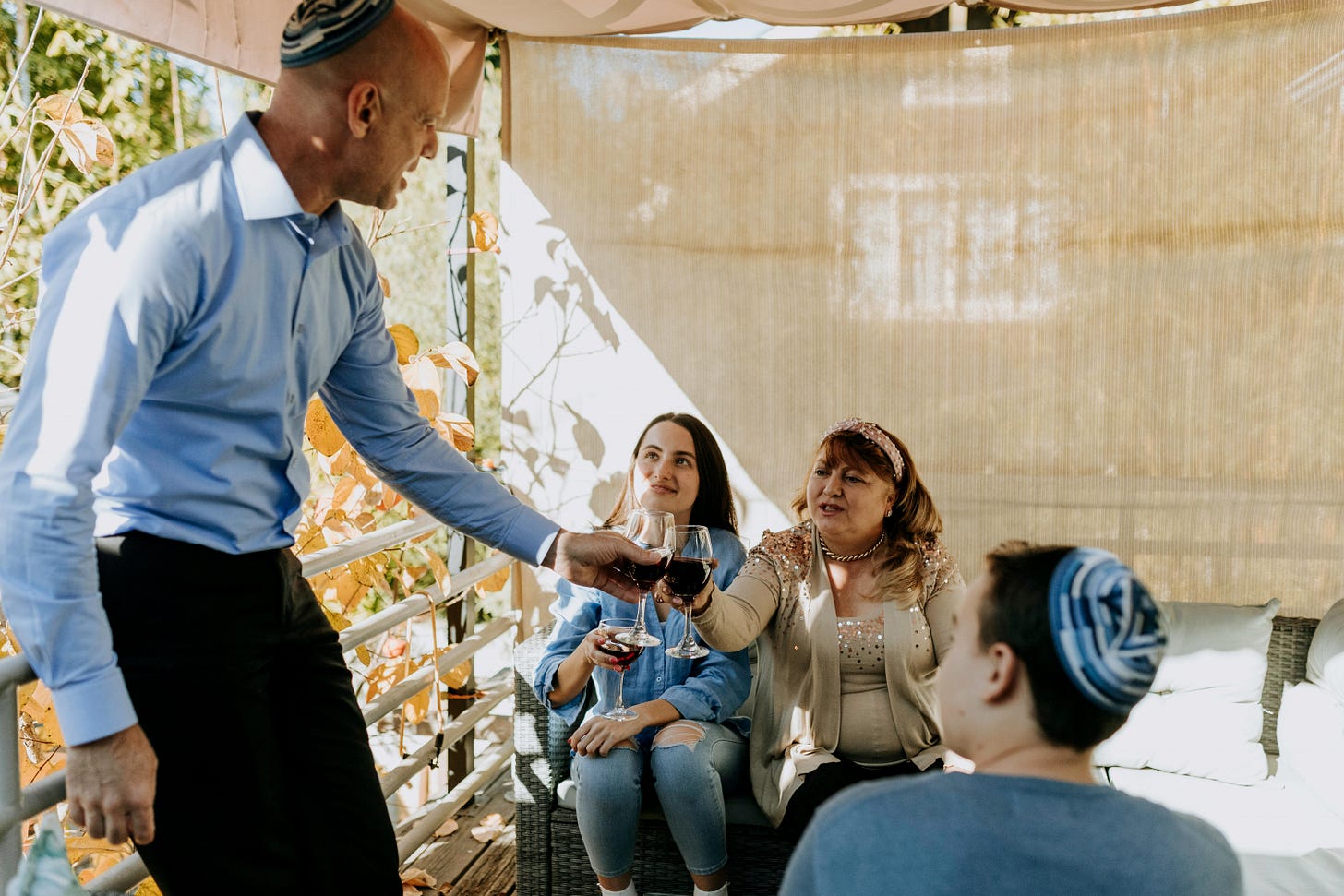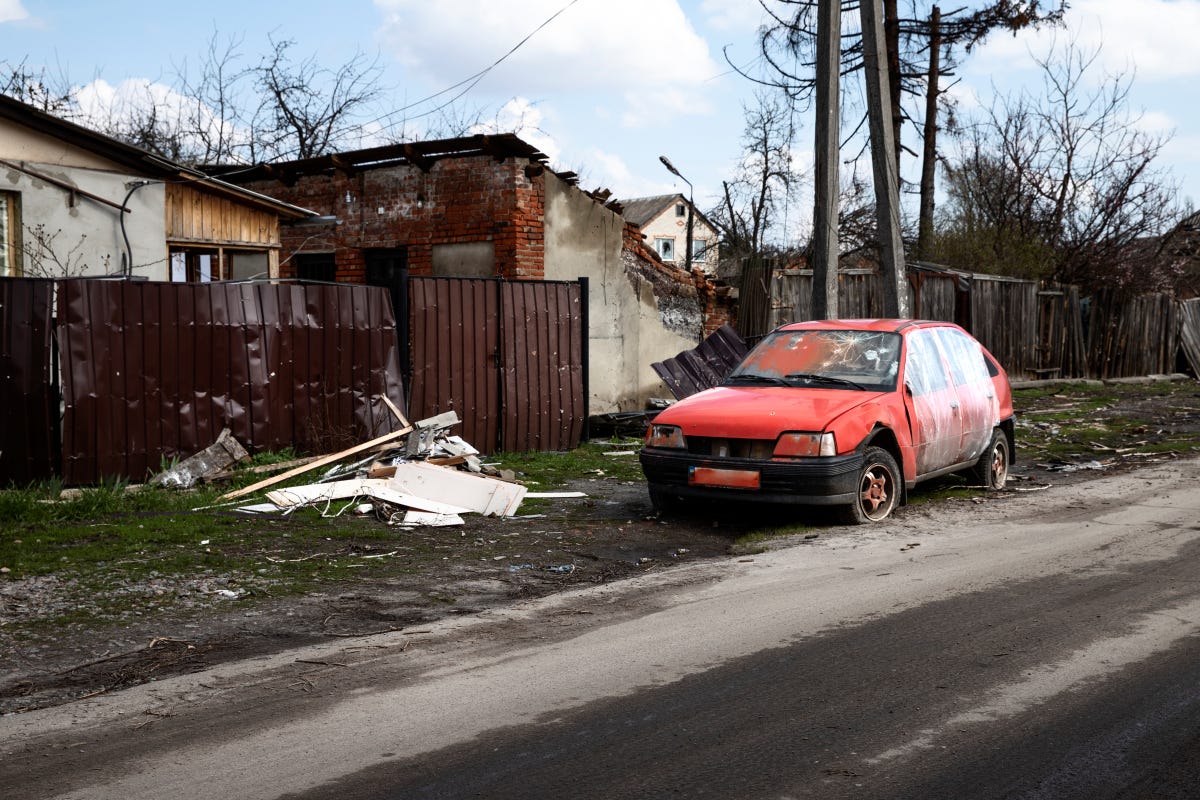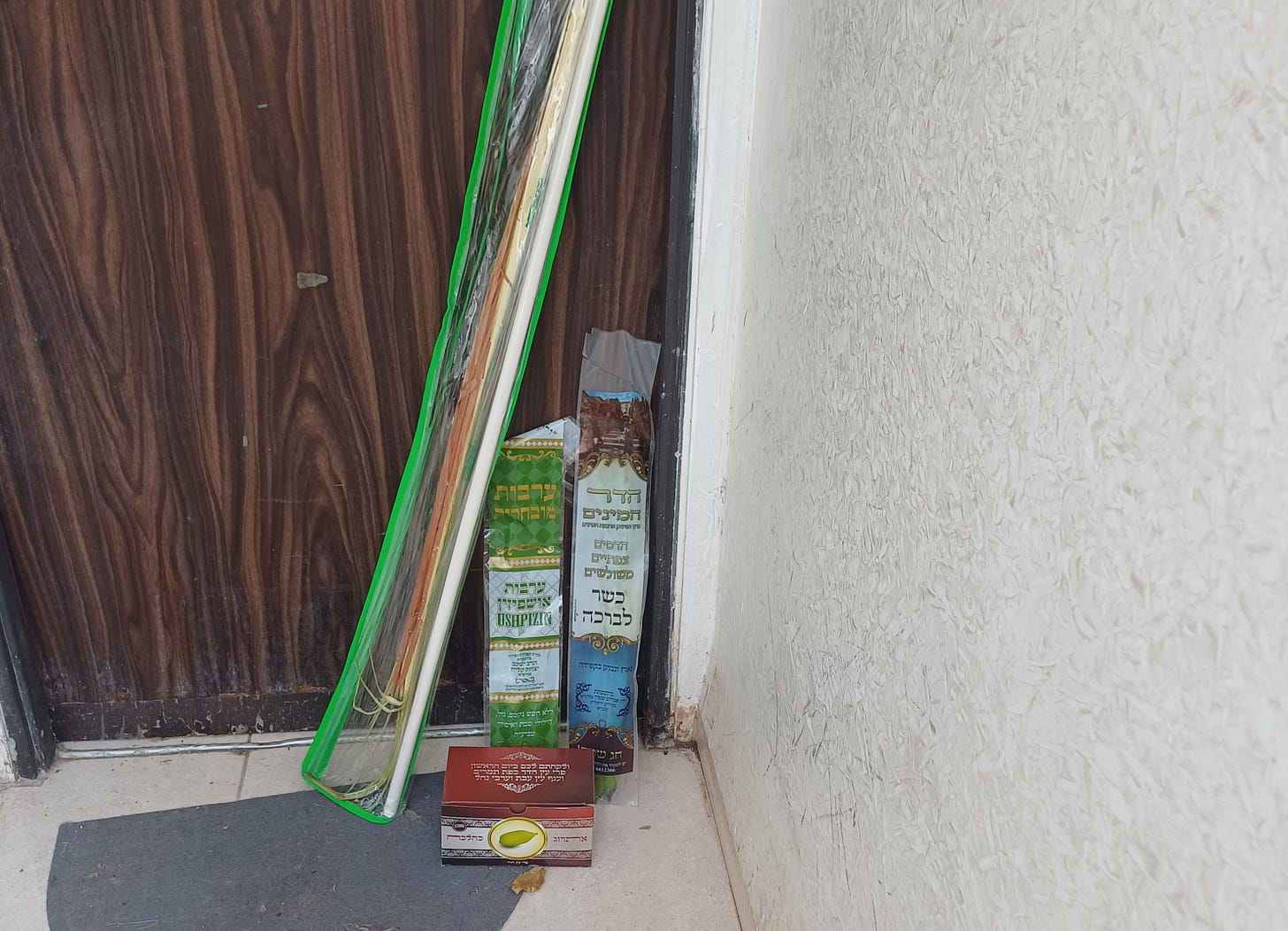A Storm and Sukkot
A story for children 8-12 about the Corona virus, a hurricane, and the Sukkot holiday.
“Danny, the hurricane was over last night, there’s nothing new to see outside. I told you a half-hour ago to find something to do, but you’re still just sitting in the same place. It is unacceptable!” Danny flinched at the anger in his mother’s voice.
“What should I do? This Corona has ruined my life. I don’t even have school! Ever since…”
“It ruined my life, too, and it really ruined Dad’s life. It ended it. You don’t have to remind me!” Mom’s stone-hard voice was new. Danny looked down. He shouldn’t have argued. Then softening, Mom added, “We will survive, and eventually life will feel good again. My nana used to say Gam zu le tov,” even this is for good. Even if we don’t feel it. But now I need your help.”
Danny rose slowly, a scowl crossing his face. “Oooo-kay.”
Mom handed him some money. Her hand hovered, as though she was thinking about patting him on the head, as if he was a baby. He took a step back and the hardness returned to her voice. “Go to the market and pick up two loaves of bread, whatever kinds you and Aaron like. The office is opening at 1 pm. Please hurry so I can make us all lunch before I leave for work. But be careful, there’s storm debris everywhere.”
Rolling his eyes, Danny tucked the money in his pocket. “I’ll be careful.” He grabbed his jacket and practically ran out of the apartment.
As he walked, he kicked at the storm debris. Before Passover, before Corona, before Dad died, Mom hadn’t had a job. She smiled a lot, baked cookies, and always had a soft word for him and for Aaron. In their big house, he and Aaron had each had their own large bedroom. The house had a big family room with a sink, a refrigerator and a wide-screen TV in the basement, a backyard with climbing trees and a basketball hoop, and a garage with hooks on the wall for their bicycles. Everything had been fine.
But now, nothing was fine. Dad had come home from a business trip to China with a little cough just before Passover, went to the hospital on the third day of the holiday, and had died of Covid-19 just two weeks later. Over the summer Mom sold the house and most of the furniture. And at the start of September they had moved into a tiny, dark apartment in the city.
Okay, they weren’t homeless, Danny told himself as he kicked at a shingle that lay in his path. But school was closed because of the virus, and although he had lessons on the computer, he hadn’t met any boys in person yet. There was no one to play with except Aaron, and all Aaron wanted to do was read. But Mom? She hadn’t made friends at work, the synagogues were still closed, and her friends from before were too busy to chat on the phone. Danny heard her crying at night, and he heard her ask God to give her strength. When was life going to get better? When would life go back to normal? When would the city start to feel like home?
And Sukkot! It had always been Danny’s favorite holiday. Dad always built a sukkah on the driveway, and neighbors would stop by. On Sukkot, it didn’t matter what synagogue or temple you went to, or even if you were Jewish. If you heard people in a sukkah, you’d stick your head in the door and say hello. Often you’d be invited to sit down and have a drink of juice or soda and a snack. Visiting like this, everyone got acquainted with everyone else. It made that neighborhood one of the friendliest in their town.
But this was the city, and they didn’t have a driveway. When he had asked Mom where they would put their sukkah she had sighed. Putting a hand on his shoulder she had said, “Danny, I sold the sukkah. We don’t have a place for one here.” He thought he saw a tear in her eye, so he changed the subject.
Not having a sukkah meant not really celebrating. It was something else that the virus had taken from him. From them. Danny kicked at a stone as he started home from the supermarket.
Then, when he was nearly home, the hair on the back of his neck rose. Someone was watching him. Turning, he saw a group of bigger boys who laughed and pointed at him. His heart pounded. Mom had warned him to look out for trouble. Was this it? Turning at the next corner, he began to run. When he came to an alley, he ducked into it.
It was his first-ever time in an alley and he stared around. He was on a narrow pavement. On one side were houses with backyards; on the other side were apartment buildings like theirs. All the yards had fences and gates. The alley was a real mess. Leaves, branches, and trash were piled around. Some piles looked like they had been laying there for ages, but most of the rubbish was from the hurricane. Danny saw some Hebrew lettering on a ruined poster. Kicking aside leaves, he bent to investigate. It was one of the posters some of their Orthodox neighbors had put in their sukkahs with pictures of the Patriarchs and other ancestors. They had explained that each night they invited a different ancient guest into the sukkah. His buddies had made fun of this custom, but Danny secretly liked the thought.
As Danny bent over the poster, a gate opened and an old man started out, pulling a bamboo mat. “Is that the roof of your sukkah?” he asked.
“Yes,” said the old man with a sigh. “Now it has a big hole in it so I can’t use it.”
Danny hung the grocery bag over a fence post and ran to take the back end of the mat. “I can help,” he said.
Together they dropped it on a pile of rubbish. The old man straightened, groaning as he pressed his hands against the small of his back. Then he waved his hand toward the mess. “The trash truck will take it all away.”
“Do you have more trash in your yard?” asked Danny, wiping his hands on the back of his pants.
“Yes, of course.” The man sighed. “I don’t know how much more energy I have to clean up. It’s so discouraging!”
“We’re going to eat as soon as I get back with the bread. But after lunch I’ll come back and help,” said Danny.
“Oh,” said the man as he rubbed his hip, “That would be wonderful. But don’t you have your own mess to clean up?”
“No, we live in an apartment and we don’t have a sukkah,” said Danny as he took the grocery bag off the fence.
In a little while he was back, Aaron tagging after him. Before long the yard was cleaned. The old man put his hands on his hips, surveyed his yard, and beamed. “You boys were a huge help,” he said. “I’ll go pick up more schach now, and tomorrow I’ll rebuild the sukkah.”
At Danny’s puzzled expression the old man said, “Schach, a new bamboo mat. Now, how much do I owe you for your help?”
“Oh no,” said Danny, glancing at Aaron. “We were happy to help.” Aaron nodded.
“Well, thanks again. It was a big mitzvah,” said the man, shaking their hands.
“This was really fun! It’s the first time…” Aaron stopped.
“Yeah, the first time since Dad died that we’ve…” said Danny. “Everyone helped us after…” his voice died. Then with strength he finished, “Let’s look for more people to help!”
“Yeah!” Aaron pumped his hand into the air. “Yeah!” They hurried to the next block and entered that alley.
Sure enough, besides piles of branches, leaves, and roofing shingles they saw lots of rubbish from sukkahs: soaked posters, soggy piles of colorful pulp that had once been carefully made paper chains, schach, and more.
Wherever they heard people working in yards, Danny and Aaron called over the fence offering to help. They cleaned yards all afternoon and all the next day. It felt good to be out of the house and busy, even though they didn’t know the people they were helping.
But the following day would be erev Sukkot, the first night of the holiday, and Danny’s sadness crept back. Dad, Danny thought, You’d have been really proud of how hard Aaron and I worked, and for strangers too. But oh, how I miss you!
That evening after supper there was a knock at the door. When Mom answered, she found a bearded, black-hatted stranger standing there. “Are you the mother of Danny and Aaron?” the man asked.
Mom bit her lip. “Did…did they do something wrong?”
“No, they did plenty right,” said the man. “I am Rabbi Levovitz. Several of the men from minyan told me that two angels appeared to help them clean up from the storm and get ready for the holiday, but they didn’t know who they were or where they lived. All they knew were their first names. So I asked around, and your downstairs neighbor said that your boys fit my description. Were they helping others?”
“I…I don’t know,” said Mom. “I work all day, and when I got home they were here like always. They haven’t said anything to me.”
“Where is their father?” asked the rabbi.
Mom sighed and her eyes filled. “He died from the virus right after Passover,” she said. “I had to sell our house in the suburbs. We moved here a few weeks ago.”
“Ah,” said the rabbi, “That’s why no one knows your family. Well, people want to know you now. Can I give your name and phone number to the people they helped?
Mom thought about it. “I guess that would be okay,” she said slowly, “As long as you know they’re good people.”
“The best,” said the rabbi. He typed her information into his phone, shook hands with the boys, and left.
When the phone rang a few moments later, Aaron grabbed his mother’s phone from the table and answered it. “Mom, it’s Mrs. Rosenzweig. She wants us to come for dinner the first night of Sukkot!”
“Mrs. Who?” asked Mom. “What?”
“She says she wants to thank us for cleaning her yard,” reported Aaron. “Do we have paper and a pencil? I’ll write down her name and address”.
By bedtime, so many people had called that the paper was filled with names, addresses, phone numbers, and meals. And the next morning, Mom almost tripped over a lulav and etrog that someone had left by the door along with a note that just said, “Thanks!”
When Mom finished Havdolah at the end of the holiday, Danny said, “I thought this would be the worst Sukkot ever. But because of the hurricane, it turned into a great holiday!”
Mom shook her head, a big smile on her face. “Not because of the hurricane. Because you and Aaron helped so many strangers, now we have friends here.”
“Yes,” said Danny. “This place is different, but it is starting to feel like home.
For Parents, Teachers and Others
The Sukkot Holiday
Sukkot, known in English as the Feast of Booths, is a joyful one-week holiday that ends with Simchat Torah, Rejoicing in the Torah, on the seventh day in Israel or the eighth day outside of Israel.
On Sukkot we build little huts that have very porous roofs, and we eat in them. In decent weather we sleep in them as well. These huts represent God’s protection of us during our 40 years of wandering in the desert. They are flimsy and can be blown over, but they can easily be rebuilt. This fact leads to symbolism: we Jewish people can be knocked down, but we rise again.
When the Temple stood in Jerusalem, the priests made sacrifices for all the 70 nations of the known world, asking God to give everyone enough food, rain, sun, good health and peace. This is one of the Jewish pilgrimage holidays when, in Temple times, many if not most people went to Jerusalem to celebrate.
Simchat Torah, which ends the holiday, is the day on which we complete our weekly reading of the Five Books of Moses and begin again—that’s right, we end and begin immediately. There is great singing and dancing in synagogues. Each man (including boys who are bar mitzvah—have had their 13th birthday—gets the honor of being called up to the reading table and saying the blessings before and after the reader chants a small section of either the last or first Torah portion.
Last year, Simchat Torah was the day that Hamas terrorists broke through the fence between Gaza and Israel, murdering, kidnapping, and doing unspeakable things to over 1200 Israelis. We have also lost almost 750 soldiers during this war, have lost civilians, and have many wounded still in hospitals. Additionally, we still have many hostages in Gaza whose fates are unknown. We have mixed feelings about celebrating right now, but we will do our best.
This Story
In the United States, where I lived most of my life, Sukkot often falls during bad weather. I remember one year when late October was so cold that my hosts for the first night of Sukkot had put electric heaters on timers in his Sukkah. Even so, we ate in boots, hats, and coats.
Another year, a hurricane struck the day before Sukkot. I had been invited to share the holiday evening meal with friends. They had a small backyard and their home was separated from the neighbors by a driveway barely wide enough for a car. When I got to their house, I found a tree, uprooted by the storm, had fallen between the car and fence; neither was damaged, but the car was boxed in by branches. The family had hacked away branches to make a path to the yard, where the sukkah was. We felt we were witnesses to a minor miracle: neither the house, car, fence, nor sukkah were damaged; the tree had fallen into the only clear three-foot-wide strip, with the branchy part toward the front of the driveway, out of the way of car, back stairs, and fence. What could have been a disaster was, in fact, a demonstration of God’s kindness.
This year, just a few short weeks after one of the worst hurricanes in modern history struck the USA with a second storm barely a week later, I remembered this story and felt it was particularly relevant this year.
Covid 19
I don’t know what children who were younger than eight in 2020 remember about “the Corona,” as we call it in Israel. However, it is a serious bit of the world’s history, and certainly impacted anyone who could remember those days. I thought about rewriting this for today but felt children in the upper age of this story’s target readership would have many memories, so I left the story as originally written back in 2021.
Glossary
Mitzvah – technically, a behavior Jewish law requires to be done or to be avoided; generally used to mean a good deed.
Chesed (pronounced heh’-sed) – a kindness done for another person, alive or dead. On my way down steps with a heavy grocery cart, a man coming up the stairs offered to carry the cart down for me. He offered to do me a chesed.
Lulav and etrog – two of the “four species” that are used ritually during Sukkot: palm, which has no scent but its fruit has taste (dates, here in the Middle East); citron, a citrus fruit that has both scent and taste; willow, which has neither scent nor taste, and myrtle, which has scent but no taste. All four items are needed for the ritual. These four species are interpreted many ways. My favorite way is that they represent people: those who are both spiritually and economically gifted; those who are spiritual but economically not successful; those who are economically successful but not at all spiritual; and those who are neither spiritual nor economically successful. Without all four kinds of people, humanity is lacking. All of us, regardless of our talents and abilities, are needed; if not, God would not have created us.
Havdolah - a brief ceremony that marks the ending of the Sabbath and holidays.







Hanna, such a heart warming story. I'm still smiling 😃 ☺
Hanna, I loved this article and story. And the glossary which helped a lot! I always knew you were a kind person, even when you hadn't known it yet! Keep this up for as long as possible; just wonderful to read and understand. Kudos to you!!